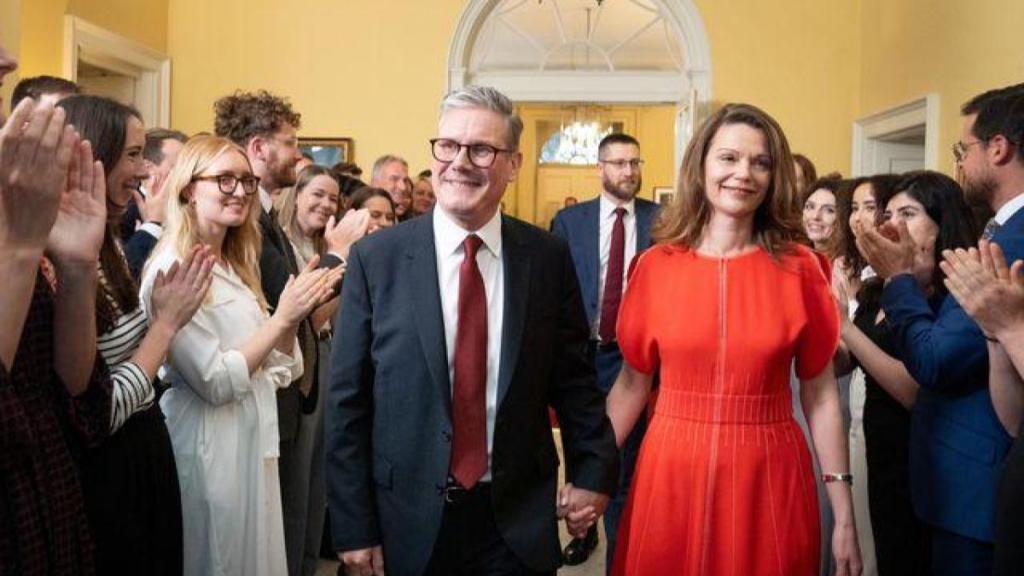After a landslide win at the hustings, the Keir Starmer-led Labour Party is set to form the government in the UK after a gap of 14 years. India should have no grounds for concern regarding the bilateral relationship. A reinvented Labour Party, which has ideologically moved closer from the left to the centre, is likely to sustain the post-Brexit upswing in UK-India relations that began with the Conservatives under the prime ministership of Boris Johnson and Rishi Sunak, who sought to bolster ties with India as part of a wider outreach to the Indo-Pacific region. Starmer has declared that the Labour Party would seek closer relations with India and is unlikely to radically depart from the existing roadmap 2030 for UK-India relations on trade and investment, defence and security, health, climate change and people-to-people contacts to strengthen a comprehensive strategic partnership, including working towards a free trade agreement.
A reinvented Labour also augurs well for addressing India’s anxieties regarding the stance of the earlier party leadership on sensitive issues like Pakistan and Kashmir. Under Jeremy Corbyn, for instance, the party’s resolution during an annual conference in favour of international intervention in Kashmir led British Indian voters to support the Conservatives in the elections five years ago. Corbyn and other left-wing ideologues have been politically marginalised. Starmer is committed to douse these anti-India fires within the party and build a strong strategic partnership with India like Johnson sought to do. Labour’s relationship with the 1.8 million-strong Indian diaspora and other ethnic minorities is close considering the role they played in the party’s historic victory. Thirty-three British Indians, including 26 new faces, contested the elections on a Labour ticket, which presages a larger role for them in the administration.
As with the Conservatives, Starmer’s challenge will be to revive the economic component of the bilateral relationship that has been somewhat underwhelming considering the long historical association; the growing stakes Indian companies have acquired in the UK; and the diaspora of British nationals of Indian origin who contribute 6% to the country’s GDP. The most efficacious means to raise bilateral trade in goods and services to the ambitious target of $100 billion by 2030 is by inking a comprehensive FTA, which also includes a bilateral investment treaty. Negotiations over 14 rounds in this regard have already taken place since 2022.
A critical area of interest for India is free visa movement for its professionals which the UK is resisting. The UK is frustrated with the lack of movement towards the opening up of the Indian market for professional services in law and accountancy. Other unresolved issues include rules of origin, duty concessions on electric vehicles, Scotch whisky, investment treaty, social security agreement, carbon border taxation, and liberalisation of financial services. The good news is that a reinvented Labour also seeks a mutually beneficial trade deal. Jonathan Reynolds, Labour’s business and trade spokesperson, visited Delhi in February and had talks with India’s union commerce and industries minister Piyush Goyal. While addressing the India Global Forum in London recently, David Lammy, the party’s shadow foreign secretary, had a message for India’s union finance and commerce ministers that “Labour is ready to go. Let’s finally get our free trade deal done and move on”. That will be the best news for sustaining the positive post-Brexit reorientation of bilateral relations under the Starmer administration.


